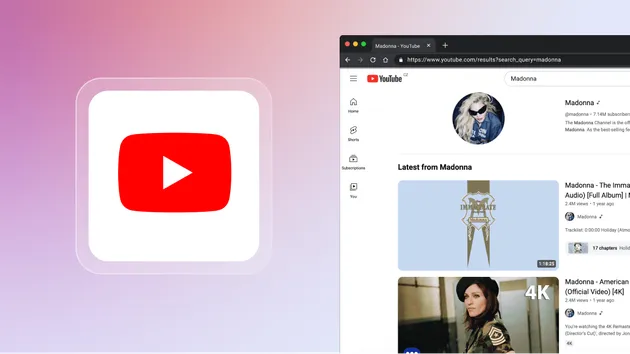Youtube Video Details
Pricing
$15.00/month + usage
Youtube Video Details
The YouTube Video Details Scraper is an Apify actor that extracts comprehensive metadata from a single YouTube video or Short. It provides detailed information such as title, uploader, views, comments, subtitles, and more, with flexible options to filter Shorts and customize output.



